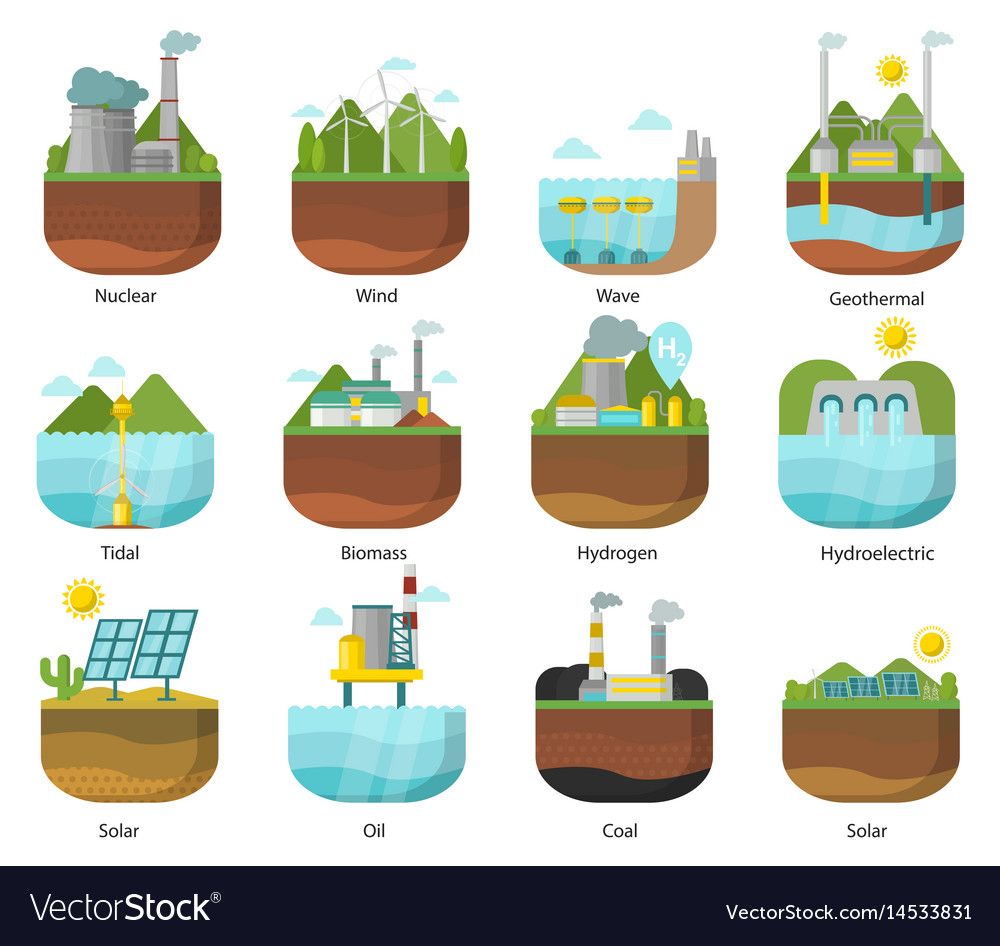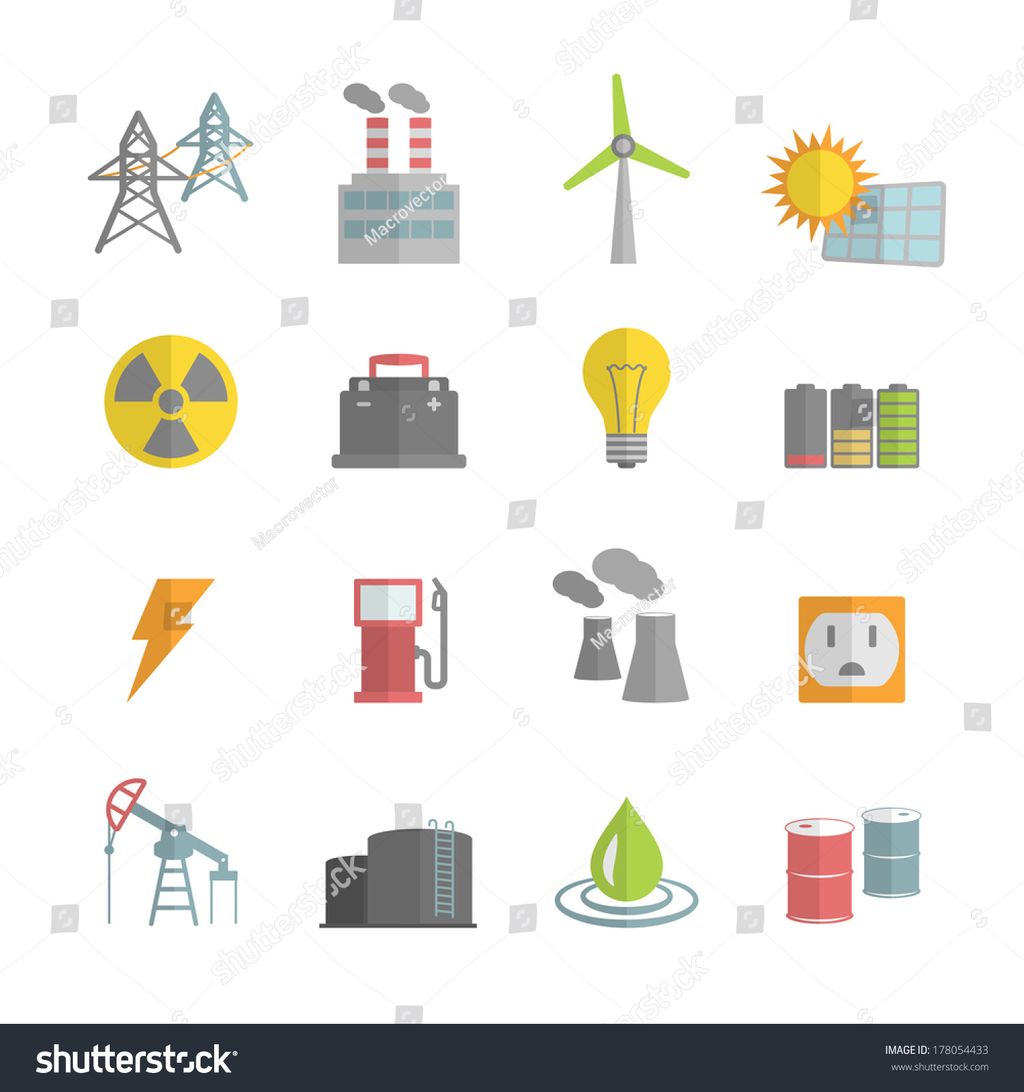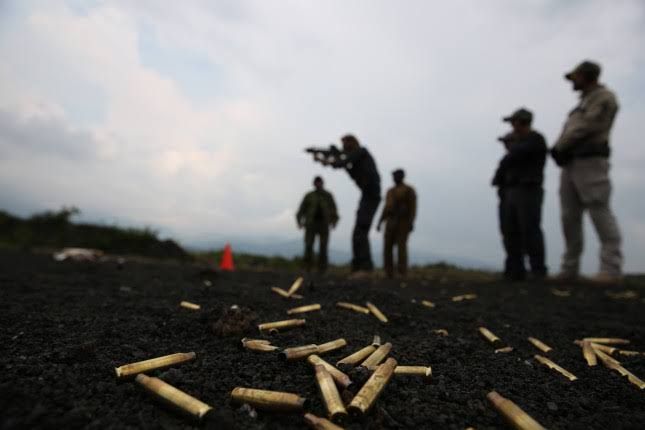The Two Faces Of Energy
Apr 08, 2019 • 91 views
Everything in this world is made up of energy. Energy is the basic constituent of life. As we know energy comes in two forms as renewable and non-renewable. The developed countries are running to find a proper renewable source of energy to replace non-renewable energy sources. But their efforts have not been completely fulfilled till now.

Since the dawn of humanity, people have used renewable sources of energy to survive like wood for cooking and heating, wind and water for milling grain, and solar for lighting fires. A little more than 150 years ago, people created the technology to extract energy from the ancient fossils. These super-rich but limited sources of energy (coal, oil, and natural gas) quickly replaced wood, wind, solar, and water as the main sources of fuel.
Fossil fuels make up a large portion of today’s energy market, although promising new renewable technologies are emerging. Both types have benefits and challenges.
While conflict arising from scarcity has been common throughout history, shortage of renewable resources in the next 50 years will probably occur with a higher speed, magnitude and complexity. Whole countries can now be deforested in a few decades. Most of a region's topsoil can disappear in a generation. Acute depletion of the ozone layer may take only 20 years. Moreover, renewable resources are linked to highly complex systems. The overuse of water, soil or forests can lead to many unforeseen, simultaneous environmental crises. When a hillside is deforested, it disturbs the water cycle between the land and the atmosphere. Consequent erosion produces silt that can damage irrigations works and ruin coastal fisheries.

There are examples of interstate war over renewables such as cropland, forests, fresh water and fish. Examples are from Rwanda, South Africa, Pakistan, Gaza, Chiapas. These examples show that environmental scarcity can strengthen group identities based on ethnic, class or religious differences. Migrations, ethnic tensions, economic disparities and weak institutions in turn often appear to be the main causes of violence.

Land scarcity in Bangladesh, produced by rapid population growth, has caused millions of people to migrate to India. In the Middle East, severe shortages of groundwater in the Jordan River basin reinforced the unequal distribution of water between Israelis and Palestinians. Ethiopia, once the source of more than 80% of the Nile's flow, currently uses less than 1% of it.The country is denied the right to dam the river's headwaters by its downstream neighbours, the Sudan and Egypt.
As we saw, conflict is also rising among renewable energy sources. The ever increasing population makes it hard to survive in this world. Also the greed of humans is never satisfied. I want to conclude by saying a common statement of Gandhi, “Humans have everything for his needs, but not for his greed”.
